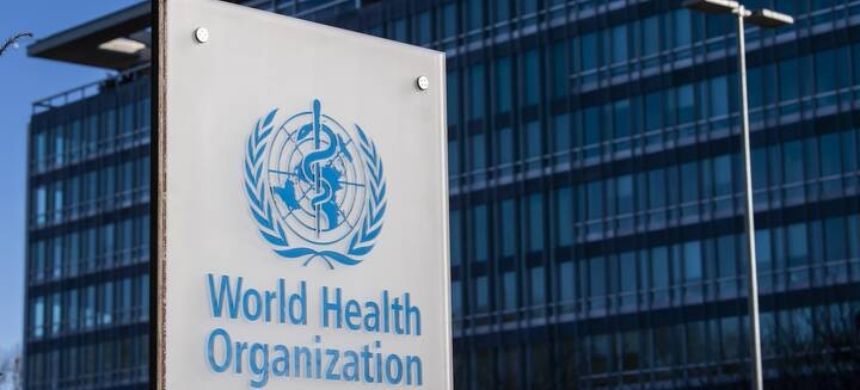The World Health Organization (WHO) on Friday introduced its first global guidelines aimed at improving infertility prevention, diagnosis, and treatment—an issue affecting nearly one in six people worldwide.
Pascale Allotey, head of WHO’s sexual and reproductive health program, noted that infertility impacts people from all countries and income groups, yet access to safe, affordable treatment remains highly unequal. She said the problem has been overlooked for too long.
Infertility is defined as the inability to conceive after 12 months of unprotected intercourse, and often leads to emotional strain, financial pressure, and social stigma.In many parts of the world, patients have to pay most of the treatment expenses themselves, and procedures like IVF can cost up to twice the average yearly household income.
The new WHO guidelines offer 40 evidence-backed recommendations and call on governments to include fertility care in health policies and funding plans.The guidance highlights improving male infertility testing, strengthening clinical management, investing in prevention, and tackling risk factors such as untreated STIs and smoking.
WHO says the goal is to ensure access to safe, effective, and affordable fertility services for everyone, while reducing the global emotional and economic impact of infertility.
Also Read: Woman Sues Fertility Clinic After Giving Birth to Black Baby











